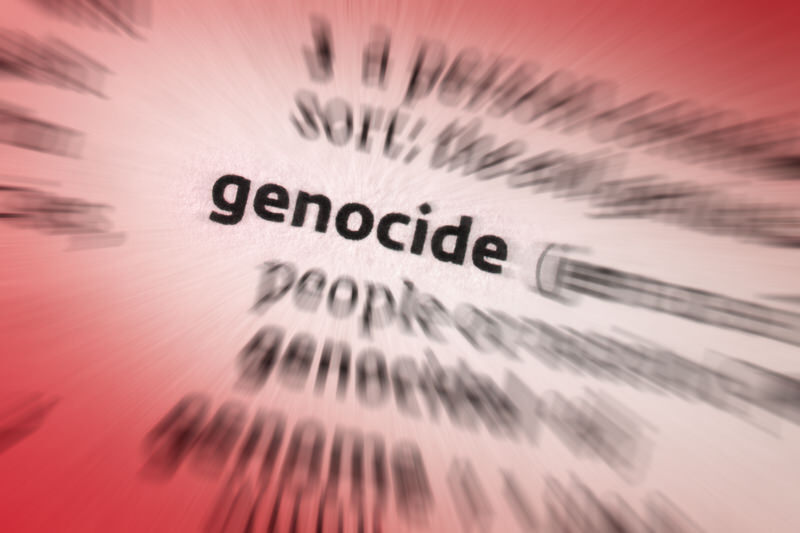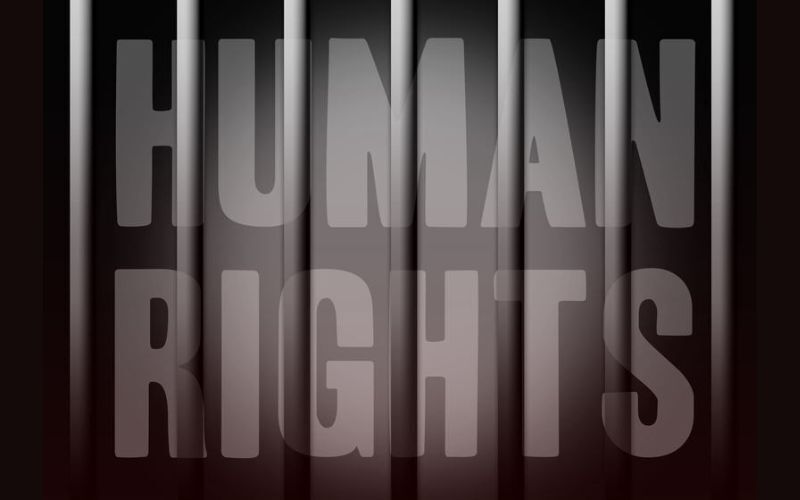10 Critical Human Rights Issues

Though this article was written to inform the newly elected U.S. president, the contents are international and NOT dated.
Last week, twenty-two human rights organizations and activists released a list of the ten most pressing human rights challenges for the next U.S. president. The U.S. president remains one of the most influential public figures in the world—if not the most influential—and the enormity of the challenge to protect human rights around the world should not deter President Obama or President Romney in 2013. As the introduction notes:
“U.S. leadership is critical to effectively address international human rights issues. International responses to gross violations and systematic abuses of human rights around the world tend to have the greatest impact when the United States plays a prominent role or is otherwise actively engaged in promoting a rights-based response. Multilateral human rights institutions similarly make the greatest progress in drawing attention to abuses and maintaining human rights standards when the United States exercises leadership.”
The list offers the next president a guide to prioritizing today’s greatest human rights challenges—and learned experience from past efforts to promote fundamental rights around the world:
1) Prioritize U.S. leadership on international norms and universality of human rights: Despite the flaws of multilateral bodies like the UN Human Rights Council, they provide crucial legitimacy to U.S. pressure for human rights. Notably, the report points out that engagement is necessary, however frustrating it may be: “By withdrawing from these institutions or restricting funding, the United States forfeits its leadership…and undermines of [sic] its ability to advance its own interests.”
2) Act to prevent genocide and mass atrocities and ensure accountability: The next president should build on the painstaking progress that NGOs and governments have achieved over the past decades by sustaining political will and “matching resources to rhetoric…The next administration should support the APB [Atrocities Prevention Board] and provide it with the necessary resources.” In addition, going it with others, versus going it alone, lends legitimacy to U.S. atrocity-prevention efforts and helps defray suspicions that the United States is purely acting for self-interested political reasons.
3) Pursue policies that protect people from the threat of terrorism while respecting human rights both at home and abroad: Balancing human rights and terrorist prevention remains an enormous challenge. Specifically, the report recommends two steps: end indefinite detention without charge or trial, and publicly clarify the criteria for lethal targeting and rendition. While terrorism understandably prompts desire for urgent and harsh action, sacrificing human rights at home and abroad carries dangerous, long-term consequences.
4) Oppose the coordinated global assault on civil society, including the murder, criminalization, and vilification of human rights defenders: This is not a simple task, but the authors offer five actionable steps to mitigate the worst effects of repressive regimes from Ethiopia to Belarus to Venezuela, such as U.S. funding to civil society and media organizations and guidelines for U.S. agencies to support human rights defenders.
5) Proactively address the democracy and human rights opportunities and challenges presented by the Arab Uprisings: Among a number of recommendations, the report notes that the Obama administration’s “limited pressure for reform” toward Arab monarchies has been disappointing, and that the next administration should condition military aid to Bahrain on progress toward political reform, more forcefully pressure Egypt’s military to transfer power to an elected government, and step up diplomatic and economic pressure on Syria’s Assad regime.
6) Ensure that corporations avoid contributing to human rights violations in their operations and through their supply chains: The ten actionable steps presented in the report provide feasible options to reduce horrifying violations of human rights in many corporation’s global supply chains. They include implementation of the 1977 Foreign Corrupt Practices Act and ensuring that it “is not amended to erode the core intent of the law” as well as releasing “final rules for Sections 1502 and 1504 of the Dodd-Frank Act” (PDF) and implementing the law “in line with congressional intent.”
7) Bolster accountability and access to services and justice for survivors of sexual and gender-based violence: The horrors of mass rapes, sexual assault, female genital mutilation, human trafficking, “so-called ‘honor killings,’ ” forced marriage, and domestic violence require a “deeper and more thorough response.” Along with continuing to press for accountability and enforcing a zero-tolerance policy for gender-based crimes perpetrated by U.S. government employees or contractors, the next administration should “expand support for international programs that increase access to health care, educational opportunities, and judicial institutions for girls and women” and increase visas for victims of gender-based violence.
8) Review the United States’ relationships and alliances with governments that violate human rights: This has consistently been one of the most difficult lines to walk. Regarding relationships with authoritarian regimes, the authors argue that “Washington policymakers often underestimate the political and moral capital America has, or refuse to use it.” They add, “Despite the recognition that the United States’ largely uncritical partnerships with repressive regimes in the Middle East undermined long-term U.S. interests, old mistakes are being repeated around the world. The United States has largely neglected human rights as it collaborated on counterterrorism with Ethiopia, Saudi Arabia, and other authoritarian partners.” Therefore, the authors call on the next U.S. president to review U.S. relations with authoritarian governments with a fresh perspective. In addition, U.S. diplomats on the ground should engage with democracy activists or civil society groups. The administration should also introduce targeted visa bans and asset freezes on foreign government officials implicated in rights violations.
9) Support international justice and accountability for human rights violators present in the United States: To reduce impunity for gross violations of international law, such as genocide, crimes against humanity, and war crimes, the United States must support accountability for leaders or compatriots who carry out heinous abuses. As I have written previously, the false peace-justice tradeoff is no reason to go easy on the most violent dictators. To further this progress, the report urges the next administration to “close legal loopholes in the federal war-crimes law and press for crimes against humanity committed abroad to be a federal crime so human rights violators in the United States can be held to account.”
10) Support policies at home and abroad that respect the rights of asylum seekers, refugees, migrants, and immigrants: The authors lament that the United States “has failed, in a number of ways, to protect the human rights of refugees and migrants.” Regrettably, the report continues, “the United States detained nearly 400,000 asylum seekers and immigrants last year, often without individual assessments or prompt court review of detention” and the list goes on of documented U.S. violations of migrant and refugee rights, as confirmed by both bipartisan domestic reviews and international observer missions. As the report lays out, the next administration must reform the U.S. immigration detention system, stop fostering racial profiling through immigration enforcement, and ensure accountability for human rights abuses by the Border Patrol and at points of entry. Protecting human rights must start at home.
See article from source:
10 Critical Human Rights Issues for the Next President

